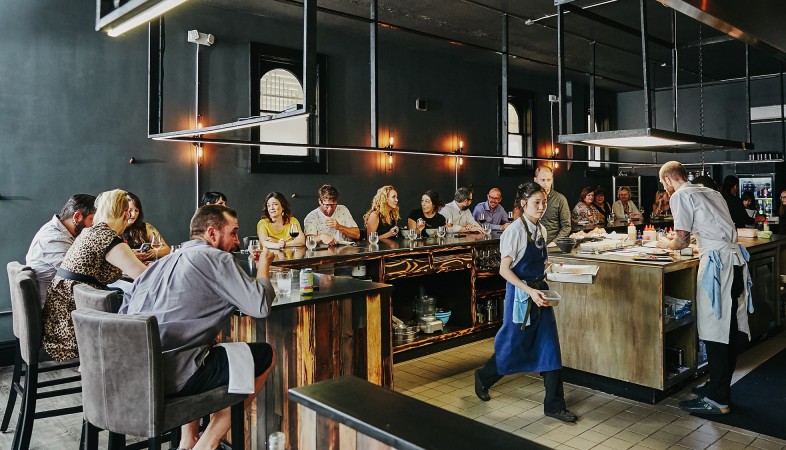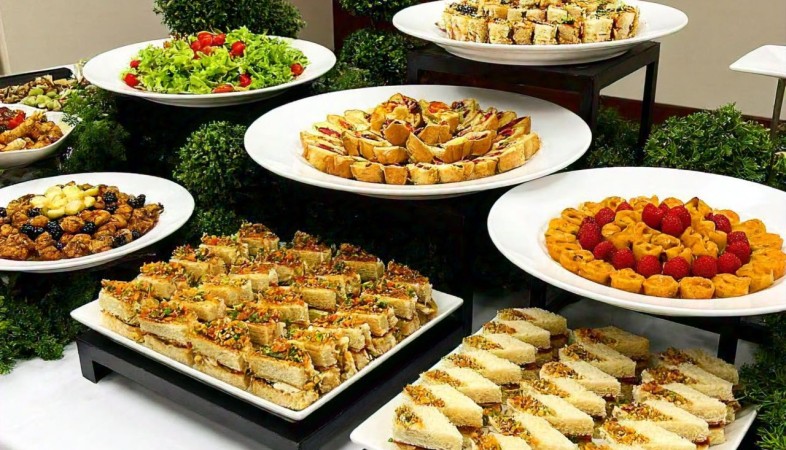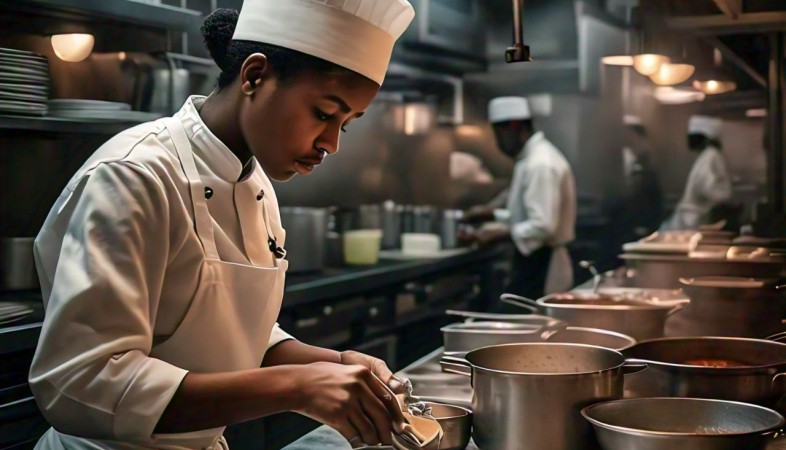Organizational Skills: The Backbone of Culinary Excellence in Hotel Kitchens
Behind every successful dish lies meticulous planning, efficient workflow, and impeccable organization.
In the fast-paced and dynamic environment of hotel kitchens,
the importance of organization cannot be overstated. Chefs are the conductors
of culinary symphonies, orchestrating the chaos of the kitchen to produce
harmonious and delectable dishes for discerning guests. Behind every successful
dish lies meticulous planning, efficient workflow, and impeccable organization.
In this article, we delve into the crucial role of organization for chefs in
hotel kitchens and how it lays the foundation for culinary excellence.
Efficient Workflow: Organization in the kitchen begins with a well-thought-out layout and workflow that optimizes efficiency and productivity. From the placement of equipment and workstations to the flow of ingredients and prep stations, every aspect of the kitchen's design is carefully considered to minimize wasted time and movement. By organizing the kitchen for optimal workflow, chefs can streamline operations, reduce bottlenecks, and ensure that dishes are prepared and served with precision and speed.
Ingredient Management: Central to any kitchen operation is the management of ingredients, from sourcing and storage to inventory control and usage. Chefs must meticulously organize their ingredients, ensuring that they are fresh, properly labeled, and easily accessible when needed. By maintaining a well-stocked inventory and implementing systems for tracking usage and replenishment, chefs can minimize waste, reduce costs, and ensure consistency in their culinary creations.
Preparation and Planning: Successful chefs understand the importance of thorough preparation and planning in achieving culinary excellence. From menu development and recipe testing to mise en place and prepping ingredients, meticulous planning is essential for executing dishes with precision and finesse. By organizing their time and tasks effectively, chefs can anticipate potential challenges, mitigate risks, and ensure that every aspect of the dish is executed flawlessly.
Cleanliness and Sanitation: In a professional kitchen, cleanliness is not just a matter of aesthetics but a fundamental aspect of food safety and hygiene. Chefs must maintain impeccable standards of cleanliness and sanitation throughout the kitchen, from the prep areas and cooking surfaces to the utensils and equipment. By organizing cleaning schedules, implementing sanitation protocols, and fostering a culture of cleanliness among kitchen staff, chefs can create a safe and hygienic environment for food preparation and service.
Team Coordination: Organization extends beyond the individual chef to encompass the entire kitchen team, requiring effective communication, coordination, and collaboration among all members. Chefs must delegate tasks, assign responsibilities, and provide clear instructions to ensure that each member of the team understands their role and contributes to the overall success of the kitchen operation. By fostering a culture of teamwork and accountability, chefs can harness the collective skills and talents of their team to achieve culinary excellence.
Organization is the cornerstone of culinary excellence in hotel kitchens, encompassing efficient workflow, ingredient management, preparation and planning, cleanliness and sanitation, and team coordination. By mastering the art of organization, chefs can optimize kitchen operations, minimize waste, enhance productivity, and ensure that every dish is executed with precision, consistency, and finesse. In the competitive world of hospitality, organizational skills are not just a desirable trait but an indispensable attribute for chefs seeking to rise to the pinnacle of culinary success.
.png)




























